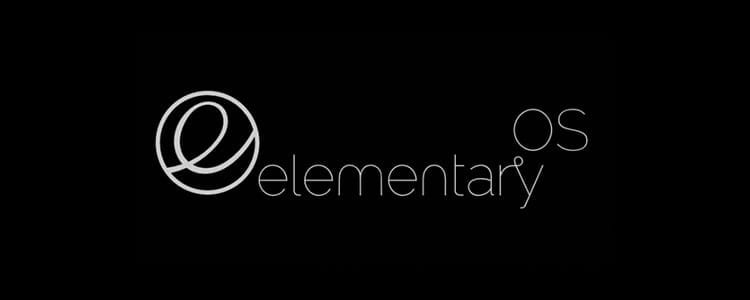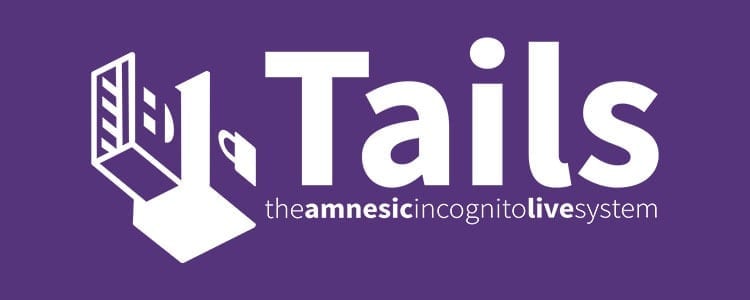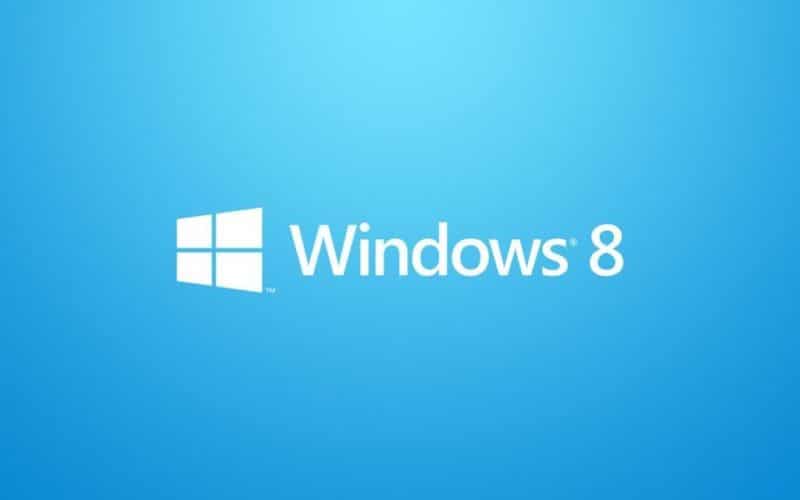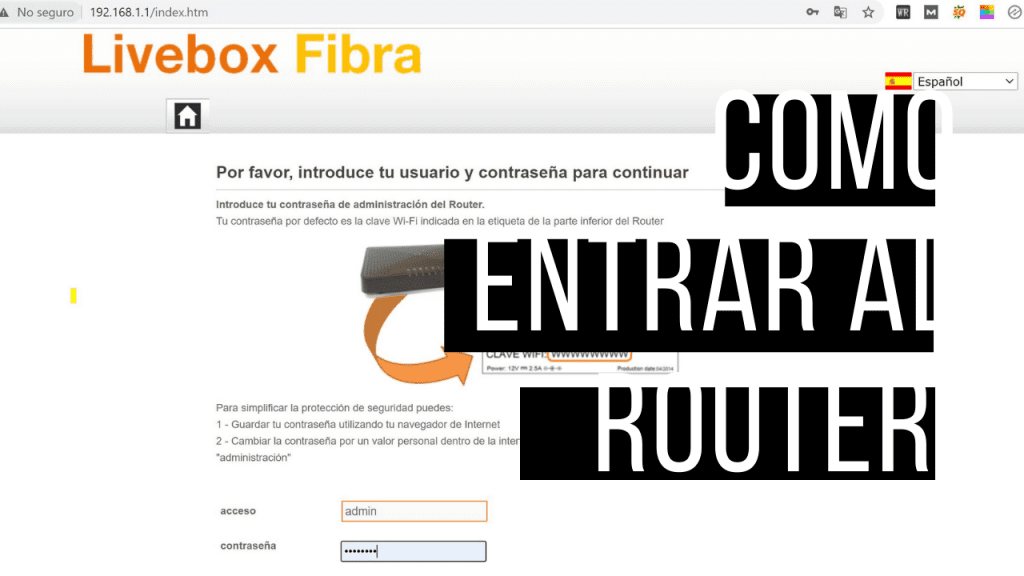Have you ever wondered What are the best Linux distros?? The operating system is not the most popular, however there are millions of users who choose a Linux distribution to give life to their laptops or desktop computers.
Those who often have trouble choosing may encounter an obstacle when making the jump to this operating system. Unlike Windows and MacOS, which are updated by changing versions, in Linux there are many different options, based on a kernel but which can clearly distinguish one from another.

When talking about different versions, even if they are based on the same kernel, they are called distros, or distributions. Each one has interesting features, with greater functions or better performance optimizations. The one you choose will depend on what you are looking for for your equipment or the use you want to give it.
Article Content
The 7 best Linux distributions
It is impossible to say which is the best system distribution, since it is subjective, but you can make a selection of the best distros that have seen the light and can currently be installed.
Linux Mint

Those trying out Linux for the first time might find themselves in a bind with the sheer number of options and settings the operating system can offer. Luckily there are simpler and more friendly Linux distros for OS 'newbies', such as Mint.
This distribution offers users practically everything they need to maintain their normal pace of work and computer use. It has been available from the beginning with applications like LibreOffice, among many others. When installing the OS you can choose between four different desktop environments to be able to enjoy a personalized experience. It is possible that those who come from Windows opt for the environment Cinnamon, an option very similar to the Microsoft OS desktop, it even has a start button so you don't have to miss it.
One of the great advantages of Linux Mint is that it does not consume a large amount of resources. Users can enjoy it on virtually any device. In terms of resources and memory, it requires fewer of these features than Canonical's popular Ubuntu.
Ubuntu

The Linux distro par excellence, at least for those new to the subject. Ubuntu is known all over the world, and it is not unusual to see how those people who are not involved in the world confuse one with the other. It is one of the most used distributions in the ecosystem, and it is not an old distro at all.
Ubuntu is constantly updated. From time to time you can see system updates, as well as new versions. Backed by years of experience, it is the preferred option for those who want to get started using Linux. In addition, it has a large number of advantages, among them is the fact that there are numerous lower-level versions adapted to certain devices or purposes, such as Lubuntu, which is designed for computers with few resources.
Despite being based on Debian, this operating system distro is, in part, largely responsible for Linux having the popularity it has today.
Elementary OS

If you are looking for a polished version for your team and want a friendly experience, Elementary OS It is a very interesting option that has been available for some time now.
Based on Ubuntu, Elementary has all the benefits that this distro has to offer but with a few additions. This makes it a perfect option for those who like Ubuntu but want to try something different without going off that path.
Unlike others, this operating system has your own desktop environment, called Pantheon, which offers the user a much more familiar experience for those who come from the MacOS operating system. Thanks to this, you can enjoy a neat interface like that of MacOS but with all the control that Linux offers its users.
Debian

It has been for no less than 25 years Debian on the map, 25 years in which it has become a pillar of Linux and free software. An example to follow and living proof that there are many people who love Linux.
It is considered by many to be the father of modern versions of Linux, and many of them are based on it or on versions based on it, such as Ubuntu.
Thanks to the huge community behind this distro, and the long period it has been active, it has a massive list of repositories that promise to perform any task imaginable on a computer. In addition, it has one of the best supports, being able to obtain a response to problems in a very short time, completely free of charge and from the people who have been involved in the development.
Debian is very flexible, it can be found in different varieties depending on the use that is going to be made of the system, as well as the level of stability that is sought. It can be found in versions: Stable, Testing y Unstable. The trial and unstable versions have the latest features, and although they may come with some errors, they are constantly updated to improve and correct errors.
Tails

When privacy is really important to you, it is not enough to simply be careful where you enter. We must attack the root of the problem. The best way to start is to have a system like Tails, which focuses its efforts on do not leave traces on the network.
Tails is an acronym for The Amnestic Incognito Live System, an acronym that makes it clear what this Linux distribution seeks to offer. It is known for having been designated as the distro used by Edward Snowden to exchange information about the NSA.
Based on Debian, this system is designed to ensure security. It blocks all automatic connections by applications, all connections are configured to be made through TOR, all sent messages are encrypted and prioritizes the HTTPS protocol in connections, among many other functions.
But Tails is no magic tool. Users who want to preserve their privacy will have to take appropriate measures when using the operating system. Any carelessness can cause this privacy to be violated.
openSUSE

When looking for an operating system aimed at both users, developers and servers, some names stand out, among them openSUSE. An open source version of the closed SUSE project.
It is one of the oldest distros that is constantly updated, and has the support of a large community of users as well as gigantic repositories that allow users to enjoy all the tools they may need when it comes to make use of the operating system.
It is based directly on Linux and uses KDE as a desktop environment, so it is not far from other distributions in use, however it can only be compared in stability to other majors in the sector such as Debian.
Antergos

Have you ever tried installing Arch? If you have done so, you may have encountered major complications due to the difficulty of installing it. Antergos It is an Arch-based distro that eliminates these problems but maintains all the benefits of the operating system.
Antergos is presented as a very interesting distro, even though many people do not take it into account. It benefits from large Arch repositories that are constantly updated, as well as the Arch User Repository (AUR).
Basically, this Spanish distro is simply Arch retouched to be able to be configured easily, in addition to making it easier for users to install both the system and the apps, something that could be very complicated for those who are starting to use the system.

I have been glued to a monitor since a PC fell into my hands in 1997. Now I like to write about everything related to them.
Content writer. Graphic Designer and Search Engine Optimization





